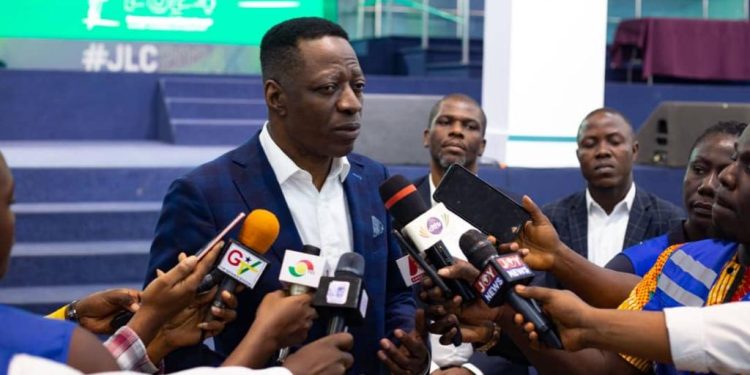Empowering Rohingya: Building a Path to Self-Reliance and
Dignity
The plight of the Rohingya is one of persistent displacement
and exclusion. Of the estimated 3.5 million Rohingya globally, nearly 90% have
become refugees or stateless, finding themselves marginalized and struggling
for survival. While most of the Rohingya population resides in refugee camps
across Bangladesh, Malaysia, and Indonesia, their existence is marred by
overcrowded camps, limited access to essential services, and the ever-present
threat of deportation. A sustainable solution must shift from viewing the
Rohingya as mere victims to empowering them as resilient and capable
individuals capable of rebuilding their lives with dignity.
Reintegration and Return Challenges
The possibility of Rohingya repatriation to Myanmar remains
tenuous. The 2017 ethnic cleansing campaign not only displaced thousands but
also obliterated their communities and cultural landmarks, creating a stark
barrier to reintegration. Current Myanmar governance structures, including the
National Unity Government (NUG) and the Arakan Army (AA), are fractured, with
minimal consensus on Rohingya rights. While the NUG has pledged citizenship
recognition, anti-Rohingya sentiments linger, stifling any real chance for safe
return or political inclusion.
A Path Toward Self-Governance
Empowering the Rohingya community through representation is
crucial. Establishing a recognized governing body, such as a Rohingya
Leadership Council (RLC), can provide a platform for advocacy, enabling the
Rohingya to engage in diplomatic discussions and represent their interests on
the global stage. This council, which could draw from both the diaspora and
refugee communities, would give the Rohingya a voice in policies that affect
their future. By formalizing such representation, the Rohingya could advocate
for their rights and seek solutions to the pressing issues of statelessness and
lack of recognition, similar to how other displaced groups have secured
international support.
Cultural Reclamation and Identity Preservation
The systematic erosion of Rohingya culture and heritage has
left generations disconnected from their roots. A powerful solution is the
creation of community centers that function as cultural and educational hubs,
enabling the Rohingya to preserve their identity and pass down their language,
customs, and traditions. Such initiatives would allow them to not only preserve
their heritage but also gain visibility and recognition in host countries,
facilitating a stronger sense of identity and cohesion.
Education and Economic Empowerment
One of the most critical needs for the Rohingya is access to
education. Currently, Rohingya children, especially in Bangladesh, face severe
restrictions, often receiving only limited informal education. International
scholarships and vocational training programs, along with access to formal
education, would play a transformative role in building a knowledgeable and
self-reliant Rohingya generation. Educational inclusion, supported by the
global community, can equip young Rohingya with skills essential for employment
and civic engagement, empowering them to lead their communities toward a stable
future.
Addressing the Plight of Women and Girls
Rohingya women and girls face unique challenges, often
targeted for exploitation and abuse. In refugee camps, many young girls are
married off due to economic hardships, while others fall prey to trafficking
networks. Initiatives focusing on women’s empowerment and access to education
are essential. Empowering women and protecting them from violence will uplift
the entire community, fostering a future where women actively contribute to
leadership and development.
A Call for Global Support and Inclusive Policies
For the Rohingya, self-sufficiency and dignity lie in a
combination of community-driven initiatives and international support. By
focusing on long-term, community-centric solutions, the global community can
break the cycle of dependency and exclusion. Empowering the Rohingya means
providing them with the tools and opportunities to build a future where they
are active participants, preserving their culture, securing their rights, and
contributing meaningfully to society. Only by including the Rohingya in
decisions that shape their destiny can the international community hope to
create a sustainable path forward.









.jpg)